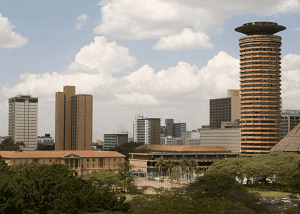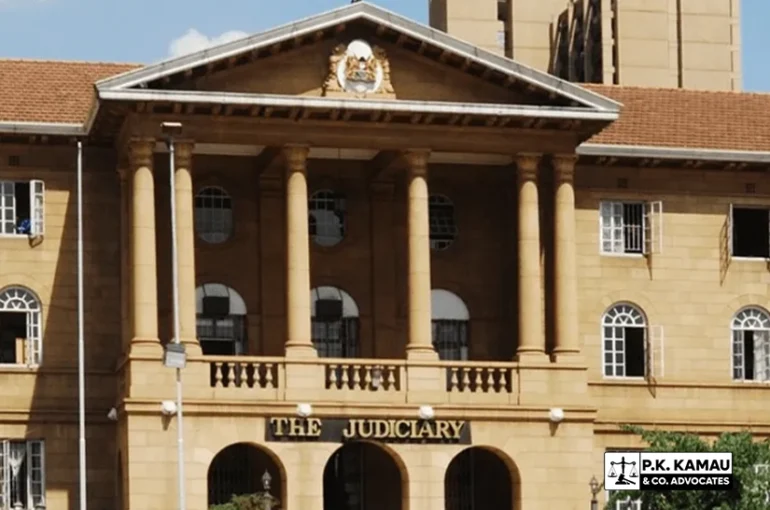Understanding Kenya’s Legal System

Kenya, a country known for its breathtaking landscapes and vibrant culture, also boasts a legal system that plays a crucial role in governing its society. For individuals and businesses alike, comprehending the legal landscape is essential. In this article, we delve into the intricacies of Kenya’s legal system, shedding light on its structure and key components.
A Blend of Legal Traditions:
Kenya’s legal system is a fusion of several legal traditions, reflecting its historical evolution. The three primary sources of law in Kenya are:
Statute Law: Statutes, also known as Acts of Parliament, are laws passed by Kenya’s National Assembly. They cover a wide range of legal issues and are the backbone of the country’s legal framework.
Common Law: Kenya inherited its common law system from British colonial rule. Common law decisions made by Kenyan courts and British precedents before independence continue to influence the legal system.
Customary Law: Many communities in Kenya follow customary laws based on their traditions and customs. These laws govern various aspects of life, such as marriage, property rights, and dispute resolution.
The Three Arms of Government:
Kenya operates under a democratic system with a clear separation of powers among the three arms of government:
The Executive: Headed by the President, the executive branch implements and enforces laws. It includes various ministries and government departments responsible for specific functions.
The Legislature: The National Assembly, consisting of Members of Parliament (MPs), is responsible for making laws. The Senate represents the counties and plays a role in reviewing legislation.
The Judiciary: The judiciary interprets and upholds the law. It is independent and ensures that the actions of the executive and legislative branches adhere to the Constitution.
The Constitution as the Supreme Law:
The Kenyan Constitution, promulgated in 2010, is the supreme law of the land. It sets out the fundamental rights and freedoms of citizens, the structure of government, and the principles of devolution, among other critical provisions. Any law or action that contradicts the Constitution is deemed invalid.
The Courts and the Legal Process:
Kenya has a hierarchical system of courts, with the highest court being the Supreme Court. Other courts include the Court of Appeal, the High Court, and various specialized tribunals. These courts handle a wide range of cases, from civil and criminal matters to constitutional disputes.
The legal process in Kenya involves filing cases, court appearances, and adherence to rules of procedure. Legal representation is common, with lawyers representing clients in court.
Access to Justice and Legal Aid:
Access to justice is a fundamental right, and Kenya has made strides in improving access for all citizens. Legal aid services are available to those who cannot afford legal representation, ensuring that justice is not restricted by financial means.
Conclusion:
Understanding Kenya’s legal system is vital for anyone operating within its borders. Whether you’re a business seeking to navigate regulations or an individual with legal questions, having a grasp of the legal framework empowers you to make informed decisions. At P. K Kamau & Co. Advocates, we are here to assist you in understanding and navigating Kenya’s legal system. Our experienced legal professionals are dedicated to providing you with the guidance and support you need to address your legal concerns effectively and ethically. We believe that a clear understanding of the law is the first step toward achieving justice and upholding your rights in Kenya’s diverse legal landscape.
If you have specific legal questions or require assistance, don’t hesitate to reach out to us. We are here to serve you.

